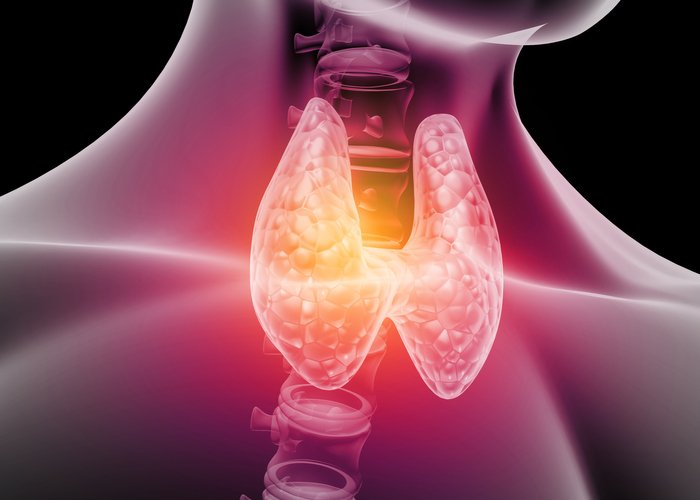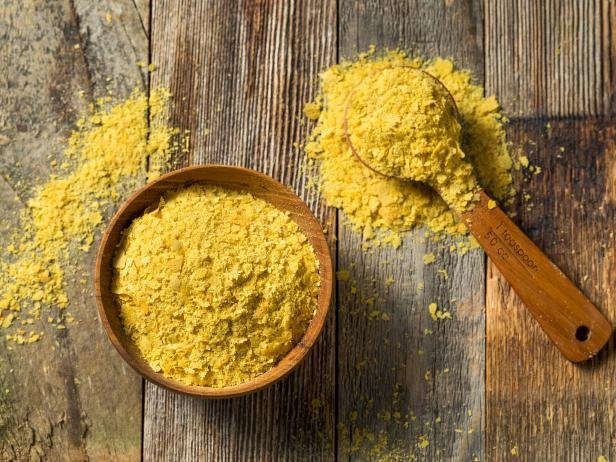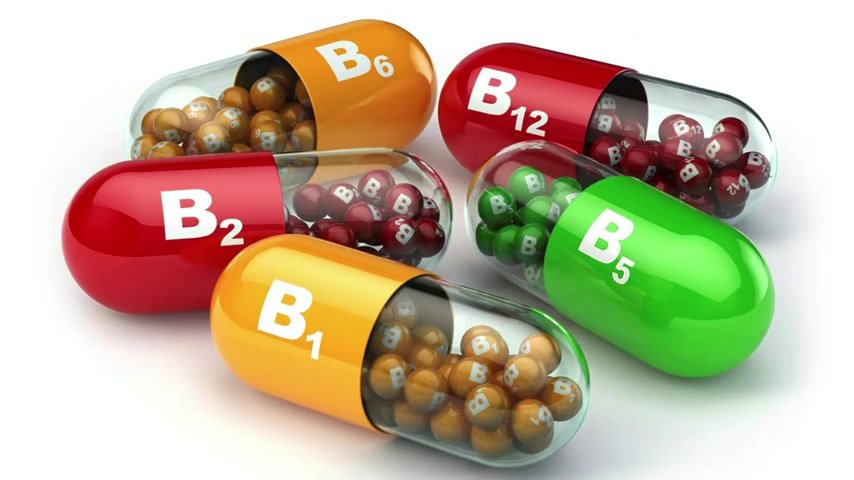Table of Contents
Today we’re going to talk about Low Vitamin B1 & Heat Intolerance and what you can do if you have heat intolerance. Heat intolerance is a situation where you get overheated easily in warmer weather.
You could either sweat excessively when you shouldn’t be sweating, or you may not sweat at all in hot weather. When your body is in warmer weather, you may also feel weak or dizzy.
Heat Intolerance in Multiple Sclerosis
What can you do about it ?
Well , it’s a situation where you get overheated easily in warmer weather .
What is heat intolerance?
You can either have a situation where you’re sweating successfully when you really shouldn’t be sweating or you’re not sweating at all in hot weather .

And when your body is in warmer weather , you may feel a little bit weak or dizzy .
What causes heat intolerance?
Heat intolerance can be a symptom of:
- 1. MS (multiple sclerosis)
- 2. POTS (postural orthostatic tachycardia syndrome)
- 3. Dysautonomia
- 4. Hyperthyroid conditions
1 , MS So heat intolerance is a symptom of various conditions .
Number 2 , something called POTS , postural orthostatic tachycardia syndrome .
What is that ?
That’s a a situation where your autonomic nervous system is not adapting that well .
So when you’re standing up you get really dizzy and lightheaded so you have to sit down .

Number 3 , dysautonomia .
This is a dysfunction of the autonomic nervous system which this is one condition of this , but you can have a lot of other problems related to this right here .
But in general , the autonomic nervous system helps you adapt to certain things like stress , temperature .
So let’s say for example , you just get out of the shower and you get dressed and you break out in sweat .
That would be one example .
Another example is heat intolerance , failure to adapt to warmer environments .
number 4 , hyperthyroid conditions .

So that can create a situation where you’re intolerant to heat .
All of the above conditions have a common thread. People with these conditions typically have low vitamin B1.
Increasing vitamin B1 may help improve the symptoms of the above four conditions. You may want to take a good amount of vitamin B1 for these conditions.
You would also want to find a natural B complex. Nutritional yeast is a good source of vitamin B1.

Vitamin D3 may also be beneficial. But, if you have POTS, you may not want to take more vitamin D. Something else to keep in mind is that the more carbohydrates you consume, the more vitamin B1 you need. Consuming more carbs may aggravate a vitamin B1 deficiency causing you to have more heat intolerance.
What to do for heat intolerance
What’s interesting is all 4 of these conditions have a common thread , low vitamin b 1 .
When you increase vitamin b 1 , you can improve the symptoms of MS , not just heat intolerance , but fatigue .
Also , you can improve symptoms of POTS , dysautonomia , and symptoms of hyperthyroidism .
I would recommend taking a good amount of this .
Try to find a b complex that’s natural .

Nutritional yeast is a really good source , but you’re gonna have to take quite a bit .
The other nutrient that is beneficial , especially for MS , is vitamin d 3 .
So that could be another thing that can help you .
But realize that if you take too much vitamin d , you may have lower blood pressure .
And many times with POTS , the person has very low blood pressure , so taking more vitamin d can drop your blood pressure even lower .
But vitamin d is great for people with high blood pressure .

So in summary , b1 is very very important .
The other point I wanna mention is the more carbohydrate that you consume , the more b1 that you’re gonna need .
So it could be that when you also consume more carbohydrates , you have more of a symptom because it’s gonna aggravate and worsen the b1 deficiency .
some sources:
https://www.ncbi.nlm.nih.gov/pmc/articles/PMC3736110
Thanks for reading.




